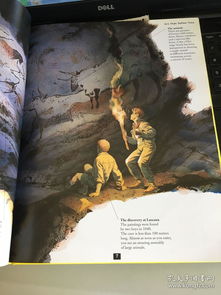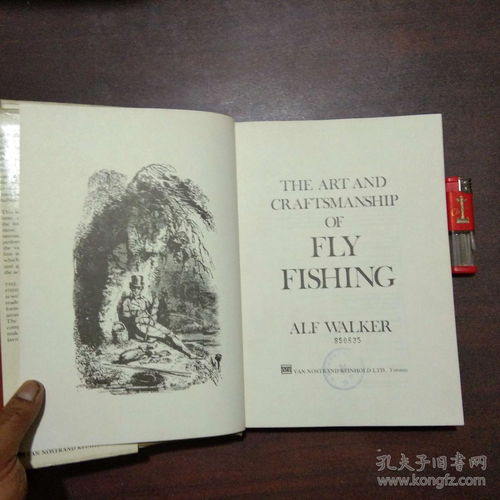Content:
Fishing is an ancient and timeless hobby that has been cherished by people from all walks of life. Whether you are looking to unwind and enjoy the tranquility of nature or to challenge yourself with the thrill of catching a big fish, learning the art of fishing can be both rewarding and fulfilling. In this article, we will delve into the techniques and methods that can help you enhance your fishing skills and become a more proficient angler.
Understanding the Basics
Before you can start fishing, it is essential to have a basic understanding of the equipment and techniques involved. Here are some key points to consider:
a. Choosing the Right Equipment: The first step in learning how to fish is to select the appropriate equipment. This includes rods, reels, lines, hooks, and lures. Each type of fishing requires different gear, so make sure you research and choose the right equipment for your intended fishing spot.
b. Learning the Basics: Familiarize yourself with the basic techniques of casting, reeling, and setting the hook. These skills are fundamental to successful fishing and will help you catch more fish.
Mastering Casting Techniques
Casting is one of the most crucial skills in fishing. Here are some tips to help you improve your casting techniques:
a. Practice Casting: Like any skill, casting requires practice. Spend time casting in an open area to get a feel for the rod and line.
b. Use the Right Casting Method: There are various casting methods, such as the overhead cast, sidearm cast, and roll cast. Choose the method that best suits your needs and practice it until you can perform it consistently.
c. Pay Attention to Your Grip: The way you grip the rod can affect your casting. Make sure you have a comfortable grip and maintain it throughout the casting process.

Reeling Techniques
Reeling is another essential skill in fishing. Here are some tips to help you improve your reeling techniques:
a. Use the Right Reeling Speed: The speed at which you reel can affect the outcome of your fishing trip. Practice reeling at different speeds to determine the best pace for your fishing situation.
b. Keep the Line Taut: To ensure a successful catch, keep the line taut and avoid letting it slacken.
c. Be Mindful of Line Tension: Pay attention to the tension on the line as you reel in. This will help you detect subtle movements and strikes from the fish.
Setting the Hook
Once you have a fish on the line, it's time to set the hook. Here are some tips to help you do it effectively:
a. Wait for the Fish to Bite: Don't set the hook too soon. Wait for the fish to take the bait and feel the resistance before setting the hook.
b. Use a Quick and Forceful Motion: Once you feel the bite, set the hook with a quick and forceful motion. This will help ensure a secure hook-up.
c. Avoid Over-Casting: Over-casting can cause the fish to spit out the bait. Be mindful of your casting distance and power.
Reading the Water
Understanding the behavior of fish and the characteristics of the water you are fishing in is crucial for success. Here are some tips to help you read the water:
a. Observe the Water's Surface: Look for signs of fish activity, such as splashes, boils, or bubbles. These can indicate the presence of fish in the area.
b. Study the Bottom: The type of bottom can affect the type of fish that inhabit the area. Soft-bottom areas are often good for bass, while rocky or sandy bottoms may attract different species.
c. Be Patient: Reading the water takes time and practice. Don't rush the process and be patient as you learn to interpret the clues.
Learning from Others
One of the best ways to improve your fishing skills is to learn from others. Here are some tips on how to do so:
a. Join a Fishing Club: Joining a fishing club can provide you with opportunities to meet experienced anglers and exchange tips and techniques.
b. Attend Workshops and Seminars: Participate in workshops and seminars hosted by local fishing guides or experts to learn new techniques and gain valuable insights.
c. Seek Mentorship: Find a mentor or guide who can provide personalized advice and hands-on training to help you improve your skills.
In conclusion, learning the art of fishing requires patience, practice, and persistence. By understanding the basics, mastering casting and reeling techniques, setting the hook effectively, reading the water, and seeking guidance from others, you can enhance your fishing skills and enjoy a more successful and enjoyable fishing experience. Happy fishing!












